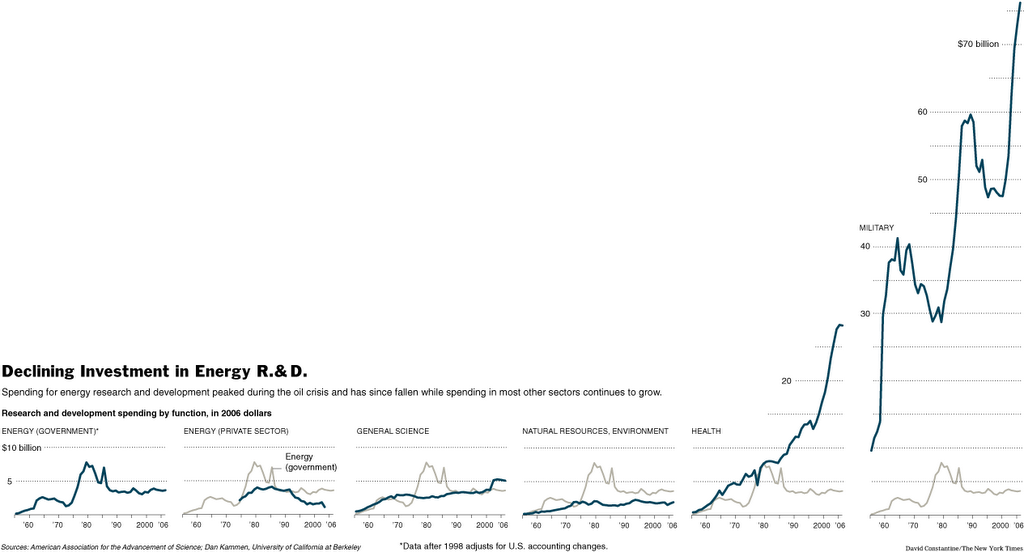From Wikipedia, the free encyclopedia
Frank I. Luntz (born February 23, 1962), an American pollster. Luntz formed The Luntz Research Companies in 1992, and maintains offices in Arlington, Virginia and New York City. He is considered a master of the art of political propaganda, and his use of language has led to his career as what is termed a "compliance professional," someone who uses whatever means may be at hand (propaganda, marketing, polling, sales, politics) to induce the compliance of a target audience.
Frank Luntz is the advisor to big fossil-fuel and their back-pocket Administration. He advised them on "target audience compliance".
Although Luntz later tried to distance himself from the Bush administration global warming policy, it was his idea to discredit the idea of science to keep the issue from influencing voters in the 2000 and 2004 US presidential elections. Luntz has since said that he is not responsible for what the administration has done since that time. Though he now accepts the scientific consensus that there is man-made global warming, he maintains that the science was in fact incomplete, and his recommendation sound, at the time he made it. [1]
Is this true? Sort of, and sort of not, and if true, then just true, just by the skin of its truth. I guess that's Luntz's job. No one had tested the scientific consensus up until that point, given that it had not been successfully challenged within the science community, rather it was added to as the picture became more complete.
The United States presidential election of 2004 was held on Tuesday 2 November 2004. The incumbent President, Republican George W. Bush of Texas defeated his main rival, Democratic Senator John F. Kerry of Massachusetts with 51% of the popular vote...
Then in the December 2004 issue of the journal Science Naomi Oreskes published "The Scientific Consensus on Climate Change" and established that it was uncontested amongst scientists.
The current scientific consensus is that "most of the observed warming over the last 50 years is likely to have been attributable to human activities"[2]. The extent of this consensus was the subject of a study—published in December 2004 in the journal Science—that considered the abstracts of 928 refereed scientific articles in the ISI citation database identified with the keywords "global climate change". This study concluded that 75% of the 928 articles either explicitly or implicitly accepted the consensus view — the remainder of the articles covered methods or paleoclimate and did not take any stance on recent climate change[3] [4].
By dint of a month Luntz could semantically claim the 100% consensus had not been measured. He now accepts the scientific consensus on global warming, but his work lives on in the handicraft of professional skeptics, like Andrew Bolt.
Other blogs on: Global Warning Climate Change Skeptics Science Energy











